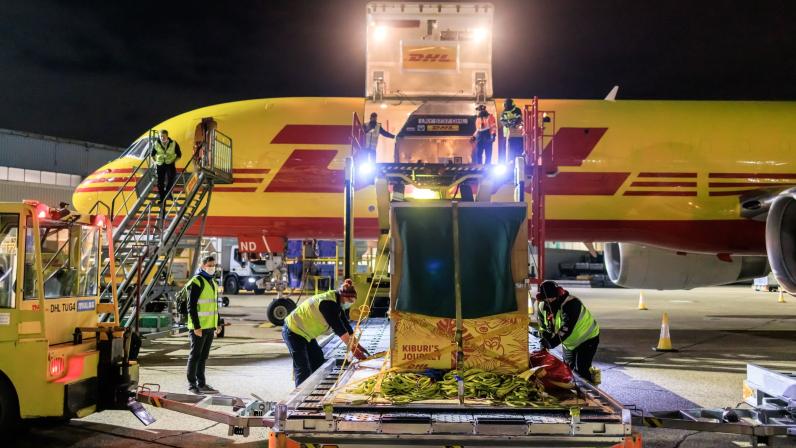 5
5
To showcase its commitment to the ICC initiative, DHL volunteers on the day wore t-shirts made of recycled plastic. Producing each t-shirt requires 25 plastic bottles of 500ml.
Key activities included the arrangement of separate bins in workspaces and communities, coordinating the collection and depositing of waste at recycling plants, and commissioning the production of items made from recycled material.
For example, in Kenya, the recycling plant will produce buckets, basins, jerrycans and plumbing products from plastic waste. Ghana will turn the waste into recycled plastic lumber to construct benches.
Dheeraj Bhatia, Senior Managing Director of Hapag-Lloyd Middle East and Africa, said: “Decarbonization is the top focus in the sustainable development of our industry. It is also vital that we pay adequate attention to sustainable living on the landside and our surroundings through efforts such as the one we recently took jointly with DHL.
“Such initiatives not only help protect our surroundings but also reiterate how much we all still need to do. Even individually, we can make a difference. Our objective is to ensure our human capital is geared towards a sustainable future and that we achieve net zero carbon by 2045.”
